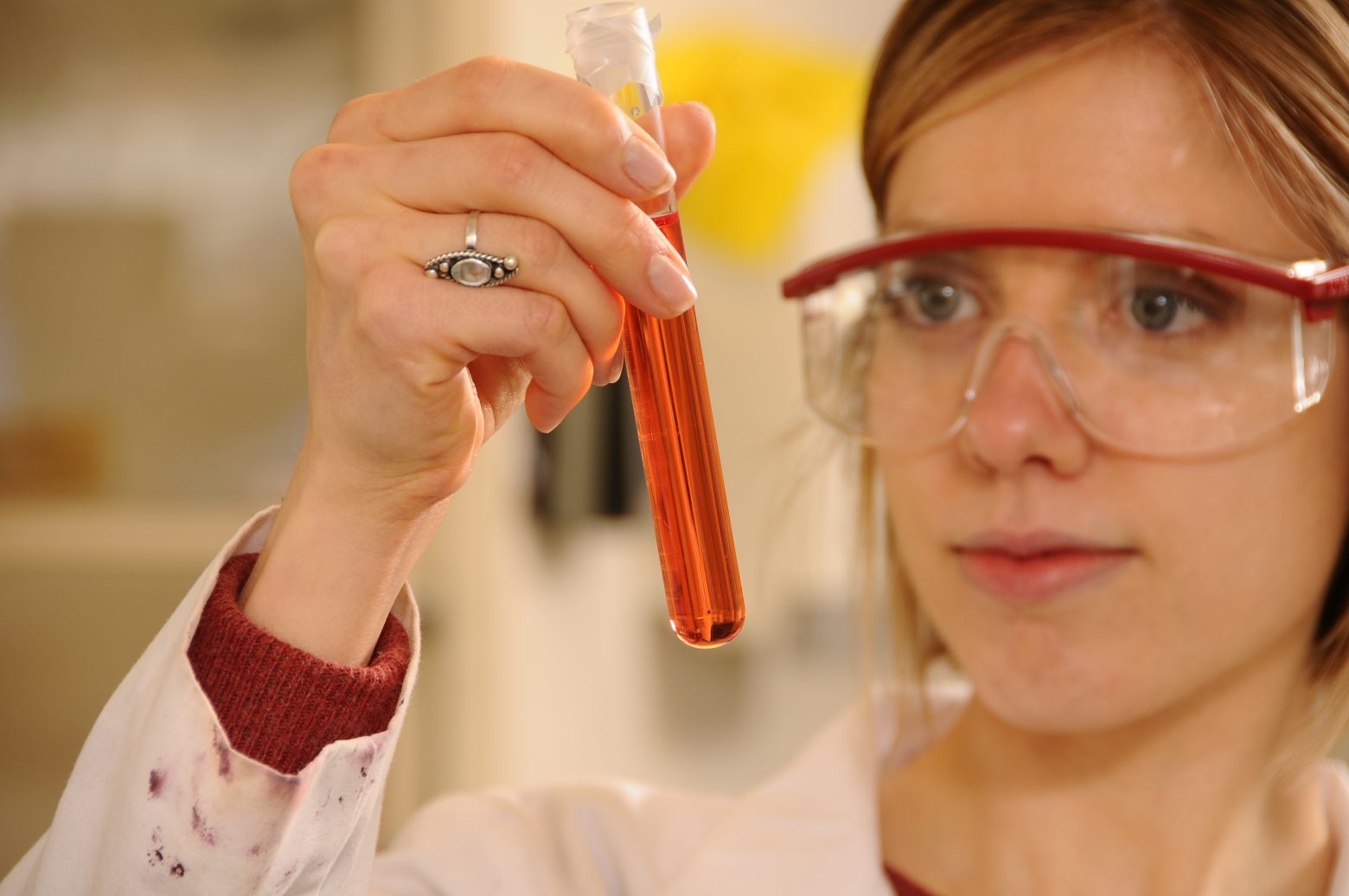>Read the Executive Summary (PDF download)
>Read the full report (PDF download)
>View a presentation on the Agbioscience Strategy (PDF download)
>View a summary brochure about the Minnesota Agbioscience Strategy (PDF download)
“This initiative is about creating a vision and strategy to transform Minnesota’s fundamental strength in agriculture into leading-edge innovation and economic growth for the state,” says AURI Executive Director Teresa Spaeth. “This is an honest and detailed assessment of the critical resources we already have in place in Minnesota—and how we can leverage them into agbioscience leadership both nationally and internationally, resulting in economic growth and new jobs in the state.”
Battelle interviewed more than 100 individuals across Minnesota including university faculty, researchers and research administrators as well as professionals in applied research, technology transfer and economic development. The study identified four key ag-based bioscience research platforms for Minnesota:
- Microbial Agbioscience including biosecurity, crop protection, genomics, biotechnology, animal and human vaccines, and diagnostics. These sectors are important in ensuring adequate food production and food security to feed a growing global population. The total global market for microbes and microbial products is projected to exceed $259 billion in 2016.
- Resilient, Efficient & Productive Agricultural Systems uses and leverages the outstanding ecological and environmental research capacity in Minnesota in combination with Agriculture and Ag Systems expertise, Engineering and Basic Science to develop new and novel approaches and technologies for sustainable agriculture production, environmental protection and remediation applications for Minnesota and the world. This sector currently represents over 12,000 jobs spread over more than 1000 individual businesses. Job growth over the last year where records are available was 2.1% These are high-paying jobs with an average salary of $72,000/year.
- Biobased Industrial Products focuses on researching developing and commercializing products (fuels, chemicals, feed –stocks and other high value materials) which are derived from agriculture and forestry feed stocks rather than fossil fuels. Biomaterial demand in the U.S. is forecasted to reach $4.6 billion in 2016.
- Value-Added Food and Health Products including health supplements, animal feed and nutrition, and reduced calorie flavorful foods. As a major producer of grains and oilseeds, Minnesota can add considerable value to its agricultural production through greater investment in this sector. Overall, the U.S. is leading the global nutraceuticals market with more than 33.1 percent of the market share in 2010, and this market is anticipated to grow further.
For the identified technology platforms, a more detailed strategic investment plan will be developed, involving:
- Required research and development enhancements;
- Technology infrastructure investments; and
- Specific “connecting” activities to bring industry and research players together.
“Too often these types of reports have ended up sitting on shelves, or have committees formed to discuss the reports, but no progress is seen. At AURI, we have a laser-focus on implementation. It’s how we help our clients take their ideas through to reality. And we’re going to apply that experience in implementation to this strategy recommended by Battelle,” explains Spaeth.
AURI is now working with the University of Minnesota, Minnesota State Colleges and Universities, the state’s 14 research and promotion councils and other stakeholders to identify the most promising agricultural research needs, and begin aligning the people and places necessary to capitalize on these opportunities.
“By having a strategic and targeted approach to agbioscience development in Minnesota, we can make better use of resources, create collaborative public-private partnerships, attract more research and grant dollars into the state, and accelerate the transfer of research into commercialization,” Spaeth said. “Ultimately, this initiative will lead to new businesses and economic growth for Minnesota—all founded in our state’s proven success in agriculture.”
Battelle, headquartered in Columbus, Ohio, is the world’s largest nonprofit research and development organization through more than 130 locations globally.
*Steering Team Member Organizations: Farmers Union Industries, First Green Partners, Fredrickson-Byron, Glenmore Consulting, Midwest Dairy Association, Midwest Dairy Foods Research Center, Minnesota Agri-Growth Council, Minnesota Corn Research & Promotion Council, Minnesota Department of Agriculture, Minnesota Office of Department of Employment and Economic Development, Minnesota Office of Higher Education, Minnesota Soybean Research & Promotion Council, MnSCU, Minnesota Turkey/Chicken and Egg Association of Minnesota, University of Minnesota, USDA Agricultural Research Service
